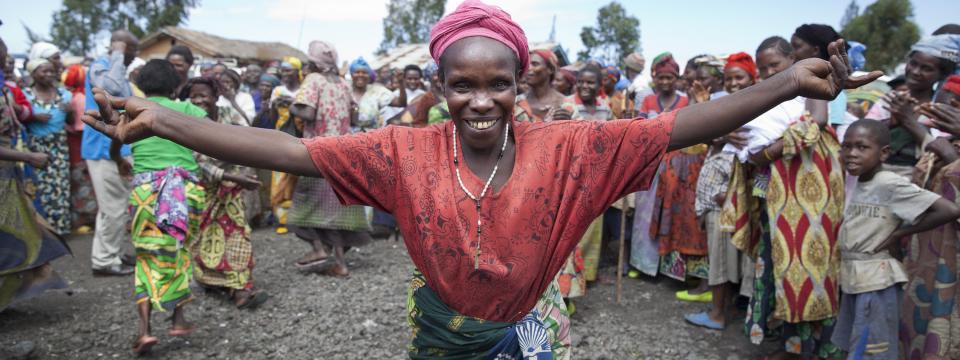Homepage

Security Sector Reform (SSR) at the United Nations
What is SSR
Armed forces, police, border guards, and other security institutions: elemental for security, sustaining peace and development. They stabilize, protect, and provide relief. But when poorly regulated, unaccountable, or sourced for political gain, the security sector becomes a liability instead of a force for good.
Security sector reform is the work undertaken by a government and its people to make the country's security institutions serve its citizens and provide people-centered security. Accountable institutions that contribute to the rule of law, improve lives and livelihoods for all.
What We Do
Providing genuine security to any population is a meaningful assignment, central to the United Nations Charter. The United Nations supports nationally led security sector reform. Our goal is to help states and societies develop effective, inclusive, and accountable security institutions that contribute to national and international security and sustainable development.
What's Happening
Policy Brief Series on Good Governance in National Security
Read our latest Policy Brief "International Funding in Fragile Contexts“, authored by Jonathan Marley, policy analyst in the Crisis, Conflict and Fragility team in the Policies and Networks Division of the Development Co-operation Directorate (DCD) of the Organization for Economic Cooperation and Development (OECD), analysing the main challenges affecting the delivery, funding, and development of security sector reform and governance (SSR/G) and security sector assistance (SSA) in fragile and conflict-affected contexts.
Don’t miss out on our previous Brief, "Sharing Authority, Legitimacy, Capacity: Informal Security Providers“, authored by the African Security Sector Network (ASSN), and "Governing Security, Preventing Violence“, authored by the Geneva Centre for Security Sector Governance (DCAF).
These publications are part of our Policy Brief Series on Good Governance in National Security.
Statement from the Co-chairs of the Group of Friends of Security Sector Reform on the 22 October 2025 Meeting of the Group of Friends
On Wednesday 22 October 2025, the United Nations Group of Friends of Security Sector Reform (SSR) met at an Ambassadorial-level to discuss the future of United Nations support to SSR. Please find the statement from the co-chairs here.
CROSSROADS Practical Guidance
Read our newly released CROSSROADS Module 10.7 Transnational Organized Crime and SSR. Jointly developed with the United Nations Office on Drugs and Crime (UNODC), this module dives into how TOC threats to peace, security, and development, and how Security Sector Reform can help.


